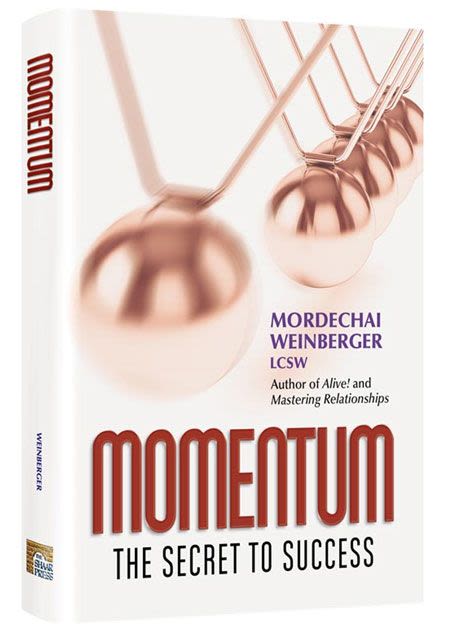
Tefilla and Tequila
Does paying our spiritual dues give us license to do whatever we want? It seems that we’ve picked up some nasty habits during our sojourn through the Diaspora…

Does “satisfying Hashem” in doing what we feel He requires from us every day give us a license to do whatever we want once those requirements are met?
There are some very nasty habits we Jews have acquired throughout our sojourn in the nations of Edom (the Western world). We have all, to a degree, taken on their general concept of separation of church and state. We don’t simply champion the legal points; we internalize this principle into our everyday lives. We have taken the legal concept of Congress shall make no law respecting an establishment of religion and expanded it to divide ourselves into two separate and distinct lifestyles: our religious lifestyle, and our personal lifestyle.
In separating religion from everything else we do in our daily lives, we limit Hashem to only certain designated areas. Mitzvot are restricted to those times we are in Shul davening, or at home learning. As a Modern Orthodox Jew, I have noticed that there is a horrible unspoken acceptance that if we are following a specific regimen of mitzvoth, those moments of when we are not actively involved in their performance –anything goes. BaBoker Tefilla, BaErev Tequila (loosely translated: in the morning we pray, in the evening we play.)
 Where does this come from? How could someone who recognizes that each mitzvah is a directive given to every Jew by the Creator of the world denigrate to feeling as though he has absolute permission to spend his free time in any which way he pleases?
Where does this come from? How could someone who recognizes that each mitzvah is a directive given to every Jew by the Creator of the world denigrate to feeling as though he has absolute permission to spend his free time in any which way he pleases? I believe this comes from the Religious Coma. This is a term coined by Rabbi Ben-Tzion Shaffer of theshmuz.com. It means that many of us do everything by rote. We have been performing mitzvoth in the same mechanical process that a computer runs a program. There is no life in our service of Hashem. We are not spiritual beings, but robots fulfilling a function. We don’t do mitzvoth to connect, we just complete them to get it over with. A religious coma is like a religion without G-d.
Of all the sins to perform when we are “off the clock” of doing mitzvoth, sexual sins are the worst. Sexual sins actively desensitize our neshamot to spirituality. We literally become numb to Hashem and His presence in everything around and within us. This feeds a horrible cycle of staying in a religious coma. It reinforces the feeling that there is no physical or spiritual impact to anything special that we do. Torah becomes more of an intellectual strain and less of an exercise in the spirit. Mitzvoth are just something that we gotta do to keep Hashem satisfied until happy hour.
People can go years, decades, even their whole entire lives this way.
How do you think American Jewry is killing itself?
How did we get from an American Jewish community that was 65% observant in 1909 to a community with less than 20% observant today? It wasn’t the secular Jews that moved from the Pale of Settlement, it was the fully observant. What happened? When we got to Ellis Island, we kept our faith, but took on the concept of limiting it to certain areas. We locked Hashem in the Shul while we spent our days in the office. The physical mitzvot were there, but the energy behind them was not. The service of Hashem was transmitted to the next generation, but the love of Hashem was not.
For the freest, richest, most powerful Jewish Diaspora community ever, the religious coma lasted for longer than a single lifetime. It spanned many generations until it put us on life support. One generation saw a religion of duty, but no energy or joy. The next generation didn’t even see a religion of obligation, just a waste of time. The generation after that started hanging up Christmas trees.
How do we stop this? How do we wake up from our coma?
To rescue our nation, along with ourselves, we need to revisit the pussuk, “I have placed Hashem before me always.” (Psalm 16:8)
That sounds nice, but how do we do this in practical terms?
The answer lies in taking on life-transforming mitzvoth. We have to choose to observe one mitzvah that we have to cling to at every moment. Shmirat haLoshon is such a mitzvah. Watching what we say about others is something we have to be constantly thinking of – always. Shmirat HaBrit is another. To dedicate our limbs, eyes, and mind to Hashem by personally keeping them away from lustful impulses brings us a deep awareness of Who we stand before at all times. Shmirat Emunah is a great opportunity to find the joy in all of the struggles we endure every day.
Whether in Shul, at the office, watching a ballgame, or having dinner with our family, we will be constantly aware that there is a code of behavior we must always follow. In doing so, we gradually internalize into our heart that Hashem is watching over us at every moment. We are “on the clock” at all times. This will resensitize us to our G-dly side and awaken us from our spiritual lethargy.
To a Jew – there is no separation between religion and state. In placing Hashem before us always, we are always connected to Hashem! This transforms us into higher beings, and elevates us in everything that we do. Our prayers will feel more powerful, our mitzvoth will be invested with more energy, and the ups and downs in our daily life will feel less random and more a part of a Divinely strategy to improve our relationship with our True Guardian in heaven.
The very act of living becomes more gratifying.
Dovber Halevi is the author of the financial book, How to Survive the Coming Decade of Anxiety. He writes for Breslev Israel and The Middle East Magazine. He lives with his wife and two children in Eretz Yisrael.











Tell us what you think!
Thank you for your comment!
It will be published after approval by the Editor.